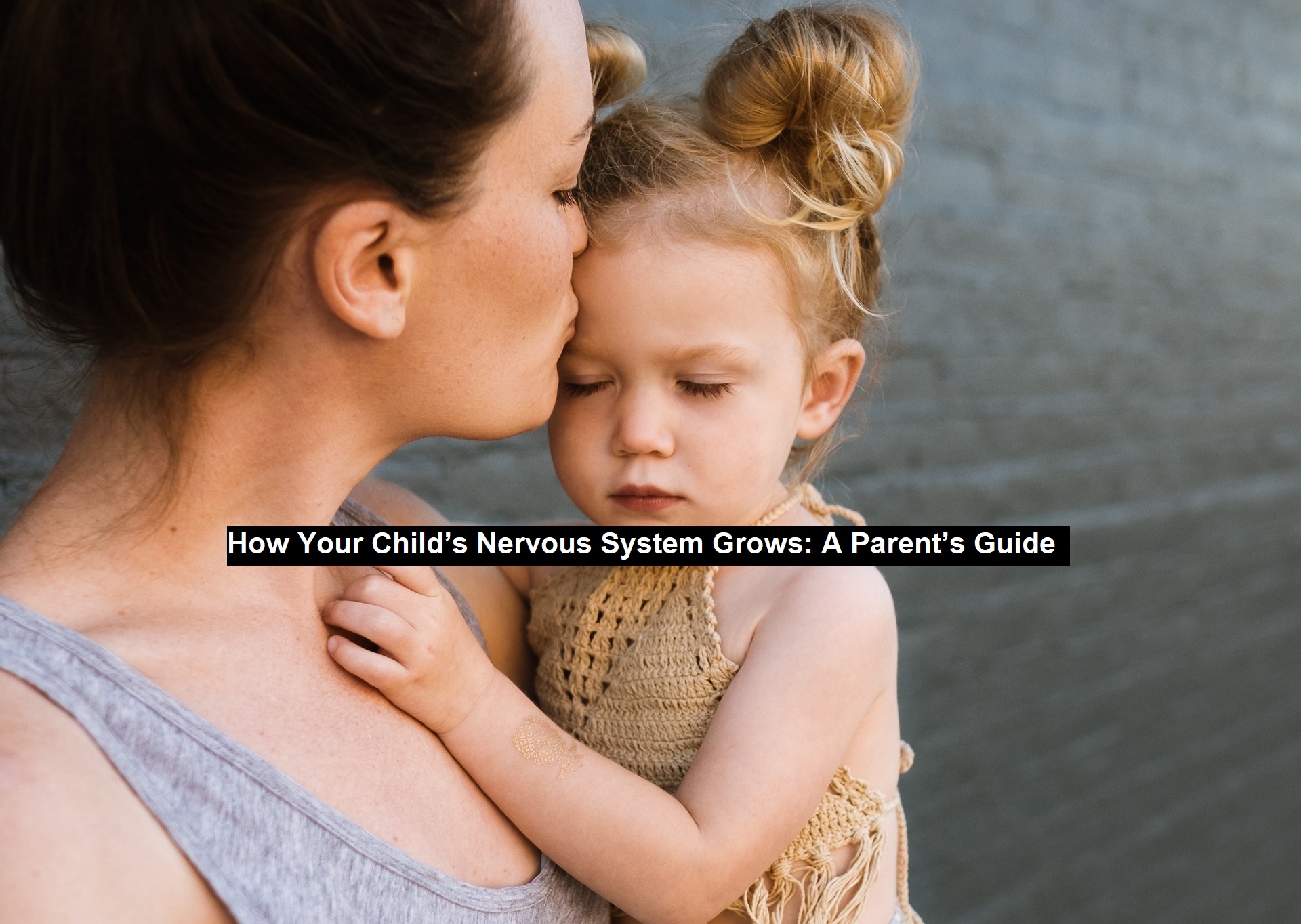How Your Child’s Nervous System Grows: A Parent’s Guide
The growth of your child’s brain is a remarkable journey that begins at conception and continues well into early childhood. From the formation of their nervous system to the development of emotional and cognitive abilities, this process is both intricate and inspiring. By gaining insight into how their brain grows, you can create a nurturing environment that supports their development.
During the first stages of pregnancy, your baby’s nervous system starts as a small neural tube that eventually develops into the brain and spinal cord. By the end of the first trimester, basic brain structures are formed, setting the stage for further maturation. This development continues throughout childhood, with the brain undergoing significant growth and refinement.
A fundamental element of brain development is the formation of neurons, which transmit information throughout the body. These neurons form synapses, creating pathways that allow your baby to experience and respond to their environment. Remarkably, even before birth, your baby processes sounds, reacts to motion, and begins sensing their surroundings.
Read: The Key to Developing Lifelong Dental Hygiene Habits in Children
You play an essential role in shaping your baby’s brain development. A healthy diet during pregnancy, rich in nutrients like leafy greens, whole grains, and omega-3 fatty acids, provides critical support for neuronal and synaptic growth. Additionally, maintaining a stress-free lifestyle can go a long way. One such way to keep stress off the body during pregnancy is via appointments with a pediatric chiropractor.
After birth, engaging with your baby through touch, speech, and music stimulates brain growth. Allowing them to explore various textures, sounds, and visual stimuli enhances neural pathway formation. Each new experience strengthens their cognitive abilities and prepares them to interact with the world.
The emotional bond you establish with your baby is another cornerstone of their development. Providing a safe, nurturing environment through responsive caregiving builds their sense of security. Activities like cuddling, talking, and promptly addressing their needs help regulate stress and support healthy brain function.
By responding to your baby’s cues—whether they are crying, cooing, or making eye contact—you foster their communication skills and emotional understanding. These early interactions lay a strong foundation for their future social and emotional capabilities.
As your child grows, encouraging exploration and problem-solving through play becomes increasingly important. Activities such as reading together, building with blocks, or exploring nature through walks promote ongoing brain development. Simple, age-appropriate challenges keep their minds active and curious.
Childs-Nervous-System-Grows
For more comprehensive insights into your child’s brain development, explore the accompanying resource for expert guidance and practical tips.

